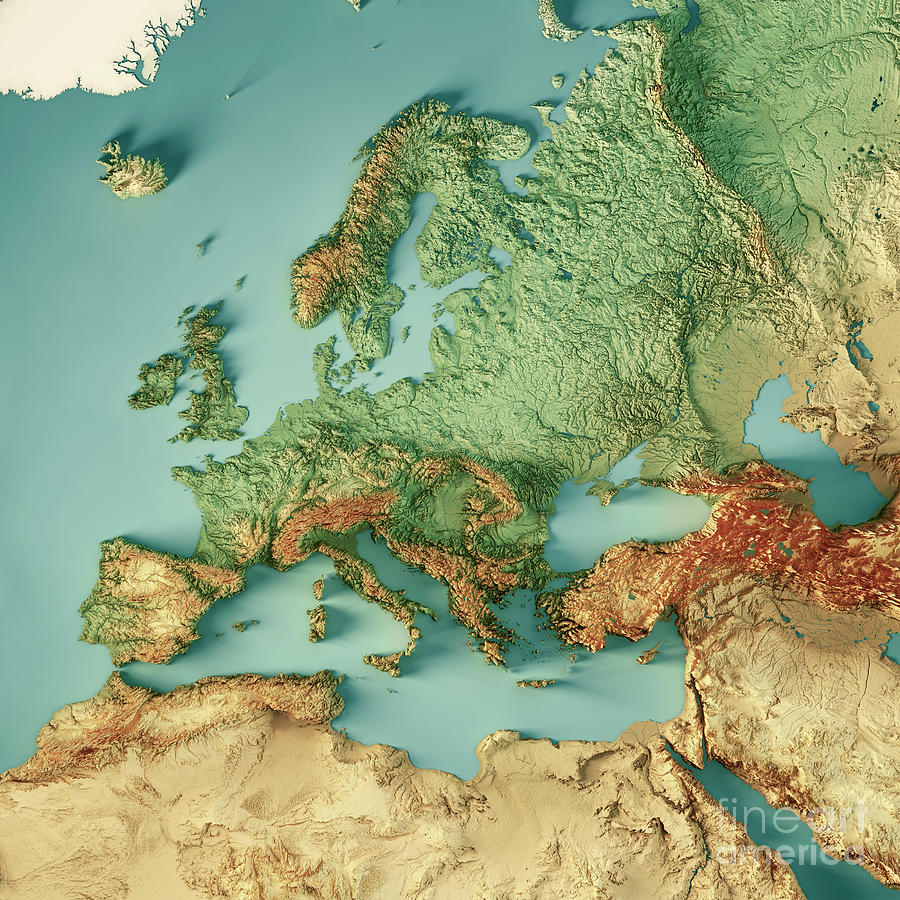

I do like how well they describe the data source (other than the unclear “main business city” part). It gives enough detail to know that the FMLA applies, which would total the 168 days shown here. FMLA is unpaid, however, but the chart says paid days, which should be zero. The “data souce” page does not specify that the leave is paid, so I’d suspect it’s wrong for other countries as well.







Coffee beans aren’t beans. There are some beans that are roasted as a substitute for coffee, like the seeds of the Kentucky coffeetree. In times of shortage, people have tried many things to replace coffee, like dandelion and chicory root. For the most part, the substitutes arent as good as the original, so people don’t stick with them. There’s a chance someone has tried to roast and brew pinto beans or whatever, but they probably taste bad.